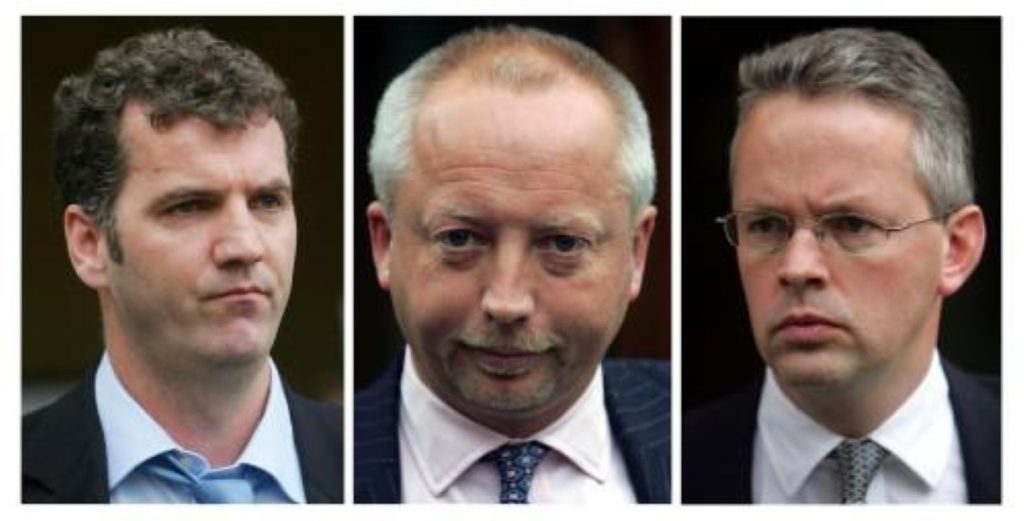MPs hold emergency extradition debate
MPs will take part in an emergency debate on the extradition treaty between Britain and the US today, after critics branded it “lopsided”.
It comes after peers voted 218 to 116 to defy the government and block the extradition of any British citizens until after the US congress ratified the treaty, which was designed to speed up the transfer of terror suspects between the countries after September 11th.
However, the debates come too late to affect the planned extradition of David Bermingham, Giles Darby and Gary Mulgrew, the so-called NatWest three, to the US tomorrow.
And any result is unlikely to sway the government’s position – Tony Blair has previously insisted the law is not unequal, although ministers have been sent to the US to try to persuade congress to speed up the process of ratifying the extradition treaty.


The case of the three men, who deny defrauding the bank of £11 million, has been taken up by both the Liberal Democrats and the Conservatives and brought to light the issues with the current extradition arrangements between the two countries.
The extradition treaty signed after the 2001 World Trade Centre attacks was ratified by parliament in 2003, but congress has yet to do this. Until then, the US need not provide the same level of evidence to support a request for extradition as the UK must.
The amendments passed in the House of Lords last night would remove the US from the list of countries that are not required to provide prima facie evidence to support extradition requests until this ratification takes place.
In cases where the offence or part of it was committed in the UK, as with the NatWest three, the changes would also require a judge to rule it was “in the interest of justice” for that offence to be tried in the country that sought extradition.
“The Lords have always seen sense on this issue. We now call upon the government to do the same,” Conservative peer Lord Kingsland said last night.
He added: “We must adjust our rules to reflect the existing international rule of law, and continue to require prima facie evidence of a crime until the US fulfils its side of the bargain.”
Today’s emergency debate in the House of Commons was granted at the request of the Liberal Democrats, who have been arguing the case of the NatWest three – who fear they may be held in a high security US jail for two years before their trial – for some time.
“It is vitally important that ministers come to the House to answer questions on this lop-sided treaty they have tried to brush under the carpet,” said home affairs spokesman Nick Clegg.
He added: “This treaty was negotiated in secret and granted only cursory scrutiny in December 2003, where only the Liberal Democrats voted against the proposals. We must make up for the absence of scrutiny then with a full debate.”









